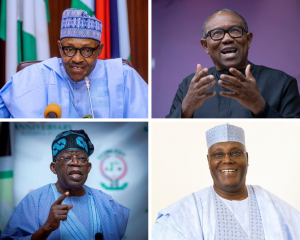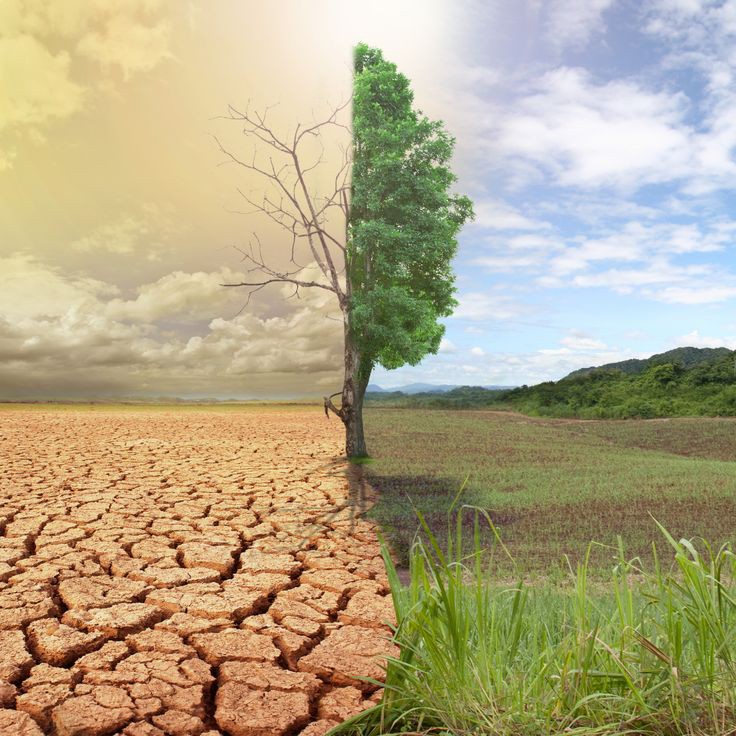Historically, uncertainties, lack of trust in the electoral process and apathy have always featured prominently in the Nigerian political environment. From the hey days of military rule shortly after independence, to the return of civilian rule in 1999, the Nigerian state has struggled to produce an electoral process devoid of suspicion, violence, rancorous transition and other associated ills like outright vote buying, rigging, results sheets capture, among others. These widespread challenges often make it difficult to achieve universally acceptable election results and outcomes, thereby leading to calls for electoral reforms that ushered in a technology-driven electoral processes. Then in 2015, even with an uneven deployment of technology, Nigerians elected its first opposition party to power, sealed by that unforgettable congratulatory telephone call by then President and candidate, Goodluck Jonathan, to his opponent in the polls, then president Elect Muhammadu Buhari. By that singular action – the telephone call, Goodluck Jonathan was ushered into the hallowed ranking of a global statesman, especially happening at a time that most of his supporters believed the processes was rigged against him, citing hitches with and uneven deployment of technology, and as such insisting President Jonathan should have challenged the elections results.
Jonathan’s action was notable as it enabled a first-ever peaceful transition of power from the ruling party (People’s Democratic Party) to an opposition party (All Progressive Congress), blurring whatever perceived failures alluded to him such as challenges in combating Insurgency (Boko haram), economic debt and inflation, etc. Incidentally, like Jonathan, President Muhammadu Buhari’s tenure has also been faced with its own share of challenges and failings, rightly so or not. And like Jonathan, President Buhari also has a golden opportunity to make history.
Apart from his promises on security and the economy, one key area where Buhari has continued to assure Nigerians is his promise of bequeathing a legacy of credible elections in the country. At the US democracy Summit in 2021 and in his 2022 Nigerian Independence Day speech, President Buhari pledged his commitment to ensuring a peaceful transition of power and the establishment of a Free and Fair electoral system, citing several steps and systems strengthening that his administration had deployed to this effect. While no system is perfect, and clearly the government hasn’t been without failures; Buhari’s government’s has shown signals that it is indeed serious with its promise – with outcomes of gubernatorial elections under its watch in Ekiti and Osun State producing opposition candidates as winners, though later overturned by the courts. Still, the Buhari-led administration has shown commitment and remains optimistic about its ability to turn the tides against political godfatherism, cabal manipulation, and faulty electoral processes.
Hence, as Nigeria goes to the polls, History beckons for President Buhari, and an opportunity to once and for all times solidify his place in Nigeria’s history by providing the leadership required for a credible electoral process. The International electoral systems framework highlights election administration, election observation and political parties campaigning as three pillars necessary to achieve free and fair elections. Mirroring these pillars in the countdown to Nigeria’s 2023 presidential elections, the Buhari-led administration has provided the necessary funding and support to the Independent National Electoral Commission (INEC), with some positives already being seen such as INEC’s announcement of 93,469,008 eligible voters, an increase of roughly 9M voters since the last general elections of 2019. This speaks to the government’s credible commitment to a free and fair election, especially in times of economic instability and budgetary constraints as a result of the global geopolitics and the aftershocks of Covid19. The political parties and their candidates campaigns have brought unprecedented voters registration, political consciousness, and diversity in the polity, with youths and women participating in the political process more than ever. And already, major and very respected global icons and institutions are already subscribed to the Nigerian election observers circuitry. The stage is therefore indeed set for the moment of moments in Nigeria’s pollical history and I suppose President Buhari is ready to rise to the challenge of leadership at this critical time.
Finally, while this piece is not a performance review of Buhari’s government, and amidst mixed views of current issues such as the Central Bank of Nigeria’s currency redesign/cash swap policy; the stance and positions taken by the President, in spite of pushbacks, even from members of his own political party, the courts and even very close associates, suggests that the president’s commitment to addressing election malpractices and his intent to leave a legacy is on course. No doubt Buhari has seen the nation through eight years of historical moments, but what he does or doesn’t do, at this critical moment in Nigeria’s history may be the defining moment of his presidency and indeed his lifetime of service to the country.
I believe President Buhari is aware of the importance of this watershed moment in Nigeria’s political history, and he is capable of institutionalizing a citizen-focused democracy where the people’s wishes are respected and protected, and where Nigerians exercise their fundamental rights to elect the leader they want. How he does it, within the confines of the law, would remain lessons for students of political history in years to come. But do it he must, if he too must be reckoned globally for his legacy of service in the annals of Africa’s most populous nation.
The importance of credible elections which would in turn bring accountability to governance and return power to the people cannot be over emphasized, as it would not only encourage a politics of ideas and service, but inspire a new generation of political change agents who will go on to address the longstanding challenges and put Nigeria on the path to global leadership. As President Buhari fulfils his promise of credible elections, the onus is on the citizens to vote their conscience and credible leaders across the various national and states elections. Nigerians must say no to votes selling and take back power for the betterment of all Nigerians.



